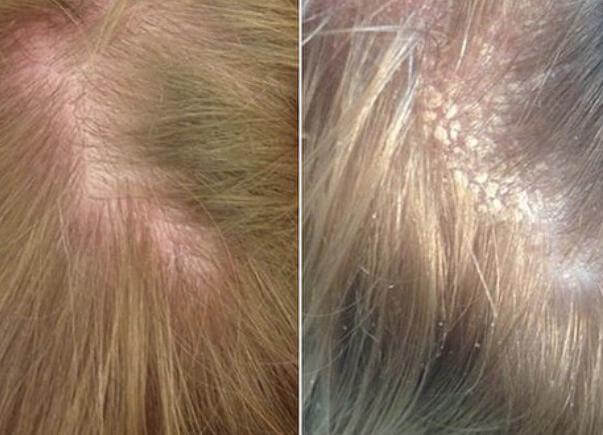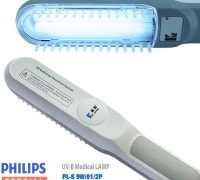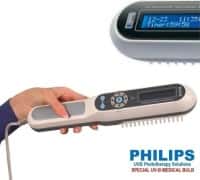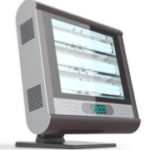Seborrhoeic dermatitis is an inveterate inflammatory disease where skin areas with developed sebaceous follicles are damaged. Often Seborrhoeic dermatitis results from Malassezia furfur, the yeast-likelipophilic fungi. More than 90% of the population of these fungi are part of normal microscopic flora of skin integument.
Seborrheic Dermatitis
Normally the immune system of an organism controls the microorganism’s quantity of skin integument, though under certain conditions this control can fail. The result of Seborrhoeic dermatitis is often diabetes mellitus where the presence of the number of pathogenic flora can double.

Seborrhoeic dermatitis in hair is accompanied by excessive peeling of the skin resulting in scruff, red spots, and in some cases the peeling or overlapping furfures appear on the face and trunk while the pathological process is focalized.
The keystone of Seborrhoeic dermatitis treatment should consist of proper care given to the hair and face. In some cases local anti-inflammatory medicines are prescribed.
Good results for Seborrhoeic dermatitis come from uv light therapy. Such treatment with UVB 311 nm lamps allows you to achieve the desired effect quickly and to prolong remission as long as possible. It is also effective to use vitiligo uvb lamp. In the context of Seborrhoeic dermatitis phototherapy sessions are carried out 3 times a week. As a maintenance therapy, it is possible to conduct phototherapy 1-2 times a week.
Seborrhoeic dermatitis tends to chronicity. Recrudescence most likely occurs in Autumn and Spring. Intensity of symptoms may increase in cases of changes to the diet including: excessive use of sugar, alcohol, and some spices. Details are given in article “Treat Dermatitis with UVB Lamps”.








Comments